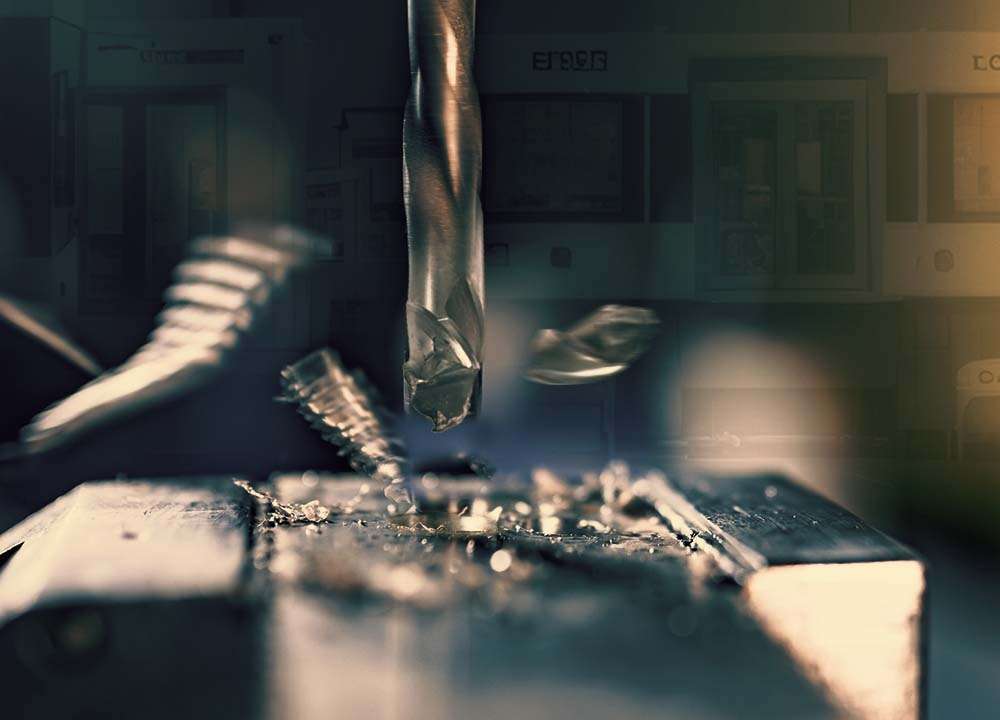Airbus Defence and Space will roll out a new organisational setup starting 1 July 2025. This follows the conclusion of talks and agreements with employee representatives at both European and national levels. The changes were first announced in October 2024, driven by ongoing industry challenges — particularly in the Space Systems area, which faced major financial setbacks in 2023 and 2024.
As part of the restructuring, the company plans to cut up to 2,043 jobs, mainly in management roles. The aim is to streamline operations and give more responsibility to its three main areas of business: Air Power, Space Systems, and Connected Intelligence. The goal is to better meet future needs and adapt to a shifting security and defence environment.
“I appreciate the cooperation of our employees and union partners throughout this transition. These kinds of changes are never easy, especially when jobs are affected. But the reality is, Europe’s defence and security sector must move faster and become more resilient. This new setup gives our teams more direct control and cuts unnecessary costs, while still allowing us to take advantage of growing defence budgets,” said Mike Schoellhorn, CEO of Airbus Defence and Space.
The company has confirmed there will be no forced layoffs. It has also promised to use all available options to reduce the impact on staff. Airbus Defence and Space, a division of Airbus Group, is a global leader in the development and delivery of military aircraft, space systems, and secure communications. Headquartered in Germany, the division plays a key role in aerospace innovation, offering advanced solutions in satellite technology, earth observation, unmanned systems, and military aviation.
Its portfolio includes the Eurofighter Typhoon, A400M military transport aircraft, and a wide range of space launch systems and satellites. With a strong emphasis on research, digitalisation, and strategic partnerships, Airbus Defence and Space supports both government and commercial customers in enhancing national security, space exploration, and global connectivity.








